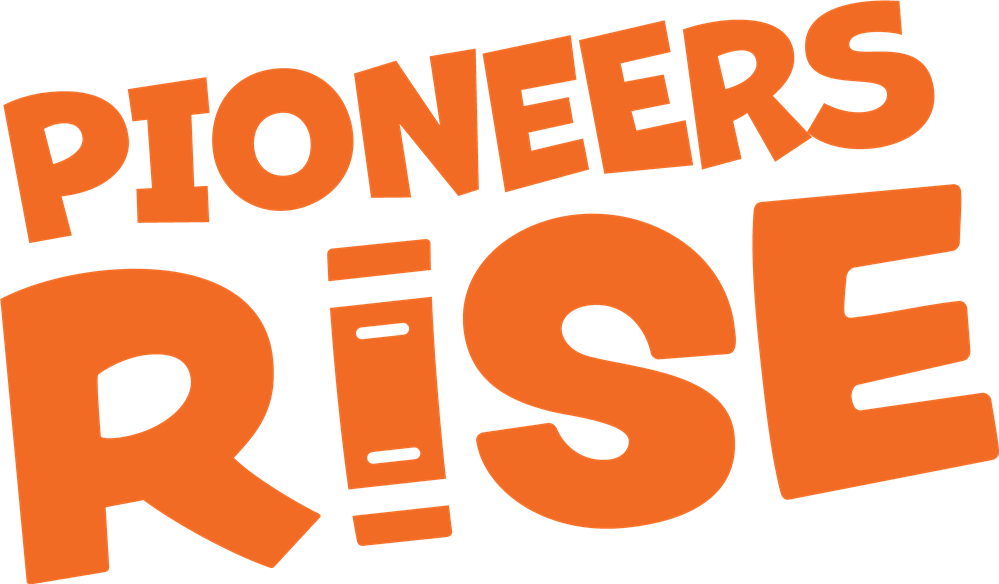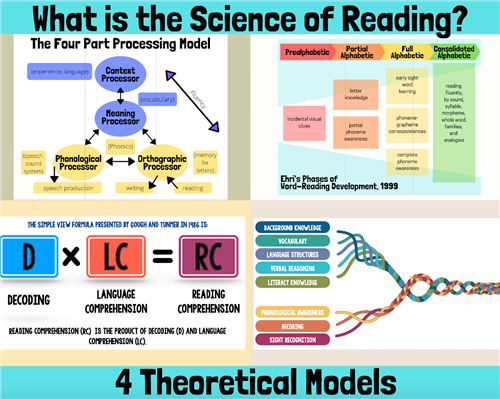- Batesville School District
- Literacy Programs
Departments
Page Navigation
-
LITERACY PROGRAMS
The Batesville School District is committed to putting Students First. One of the ways we do this is by using the Science of Reading — how the brain learns to read — to inform our Literacy teaching practices. Here you will find information about the Science of Reading, R.I.S.E. Arkansas, Literacy programs, research, and resources.
R.I.S.E. Arkansas
-
R.I.S.E. ArkansasR.I.S.E (Reading Initiative for Student Excellence) Arkansas encourages a culture of reading by coordinating a statewide reading campaign with community partners, parents, and teachers to establish the importance of reading in homes, schools, and communities. This initiative is facilitated through the Arkansas Department of Education.
The goals of R.I.S.E. are as follows:
- Sharpen the focus and strengthen instruction.
- Create community collaboration.
- Build a culture of reading!
Because of R.I.S.E., the focus on reading progression for your child has shifted from determining your child’s reading level to determining what skills they need to read with fluency and comprehension.
Teachers
-
Literacy Program Information
Parents
-
How can parents better understand the Science of Reading?Learn about your child's phonics program.
Good phonics programs have a specific progression of lessons from easy skills to more difficult skills. Teaching should be explicit so that students understand how the printed code works. The Batesville School District has adopted a comprehensive curriculum for K-5 — Amplify: CKLA Second Edition. While teaching skills in reading, writing, listening, and speaking, CKLA also builds students' knowledge and vocabulary in literature, history, geography, and science.
Understand how phonemic awareness skills are taught based on the Science of Reading.These short activities should ask students to break words into parts and manipulate sounds within words. Check out this video from Heggerty to get a better understanding of phonemic awareness.
Learn which kinds of books allow children to practice phonics skills.As students learn letter-sound correspondences, the matching of letters to the sounds they make, and how to sound out words, they should have books that allow them to practice the skills they have been taught. If a student has only learned 5 letter-sound correspondences, they should not see long words that can only be read by looking at a picture. Flyleaf Publishing is a great free resource for teachers and parents.
Understand how high-frequency words are taught based on the Science of Reading.Students should learn letter-sound correspondences in all words to help them map the words to permanent memory. Some high-frequency words have an unusual letter-sound correspondence. Rather than using flashcards to memorize long lists of words, students need to focus on those parts that make the usual sounds. This will allow them to memorize just the one part that is unusual.
Learn how spelling is taught based on the Science of Reading.Students should be learning how the printed code works in spelling. Although there are only 26 letters in the English alphabet, there are 44 sounds and over 200 different letter combinations that can make up those sounds. Sound walls are a great spelling resource for teaching common English spelling rules.
Learn how student progress is monitored.Students should be assessed in each area of the printed code. Some guiding questions are: Can students recognize letters and sounds? Can they manipulate sounds within a word? Can they decode simple and more complex words? Because reading levels may not correspond with specific skills, multiple assessments may be used to provide instructional guidance.
Ask about specific skills that can be addressed at home.Ask for activity ideas for you to use at home with your child based on specific skills identified through assessment. Check out the next page to find lots of helpful resources for parents or check out the Family Resources page at Rise Arkansas. -
Decodable Readers/Books
- Half Pint Kids
- Free Reading
- Progressive Phonics
- Fun Phonics
- SORA app
- You will use your child's school email and password to access the books
- Renaissance (myON & AR)
- You will log in as a student and use your child's AR login information
-
K-8 Curriculum
-
What is Amplify CKLA?
Amplify Core Knowledge Language Arts® (CKLA) is a language arts program for grades K-5 that combines a multi-sensory approach to phonics with rich texts carefully sequenced to build content knowledge—so that students learn to read and read to learn at the same time.Every day in grades K–2, students complete one full lesson that builds foundational reading skills, as well as one full lesson that builds background knowledge. In Grades 3–5, students start to master the skills of reading, further opening up their worlds.
-
K-8 Curriculum
- Kindergarten ‣ Knowledge Curriculum • Skills Curriculum • Caregiver Support Letters
- 1st Grade ‣ Knowledge Curriculum • Skills Curriculum • Caregiver Support Letters
- 2nd Grade ‣ Caregiver Support Letters
- 3rd Grade ‣ Curriculum Overview • Caregiver Support Letters
- 4th Grade ‣ Curriculum Overview (BSD omits Unit 2, Part 2, and all of Unit 6) • Caregiver Support Letters
- 5th Grade ‣ Curriculum Overview • Caregiver Support Letters
- 6th Grade ‣ Curriculum Overview
- 7th Grade ‣ Curriculum Overview
- 8th Grade ‣ Curriculum Overview



